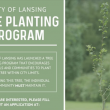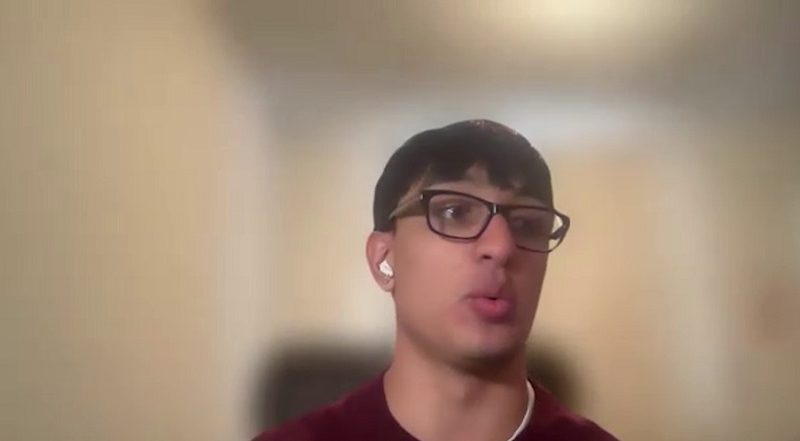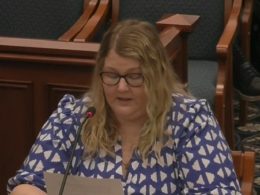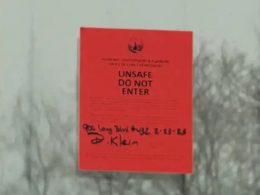Lansing, MI – As President-elect Donald Trump prepares to take office, international students at Michigan State University (MSU) are facing an uncertain future. With the incoming administration signaling potential changes to U.S. immigration policies, students from over 100 countries currently studying at MSU are left questioning what lies ahead.
Trump’s administration has hinted at revisiting travel bans and instituting new restrictions on student visas, leading to growing anxiety among international students. The prospect of renewed travel bans, coupled with tighter visa regulations, has sparked concerns about their ability to remain in the U.S. to complete their studies or pursue careers post-graduation.
Archan Tulpule, an international student from Mumbai, India, and president of the Indian Students Association at MSU, expressed his unease about the potential changes. “You need to kind of say like, OK, what’s gonna be the expected? What’s probably gonna happen and what’s gonna be the worst case?” Tulpule remarked. He explained that many international students, including himself, are bracing for the possibility of drastic policy shifts and are seeking clarity on their futures in the U.S.
One of the most concerning potential changes is the administration’s plan to limit student visas to just four years, a policy that could disrupt the academic plans of many international students. Additionally, there have been discussions within Republican circles about revoking visas for students who engage in protests on U.S. college campuses, further fueling uncertainty among the student body.
However, the issue that has caused the most distress for many international students is the renewed debate over work visas. The incoming administration has raised the possibility of making it more difficult for international graduates to secure employment in the U.S. After completing their studies, many students rely on work visas to gain practical experience, but companies have become increasingly hesitant to hire foreign graduates amid the shifting political climate.
Tulpule voiced his concern, saying, “Obviously, if you’ve come all the way to the United States to study from your home country, you want to at least try to get a job, get some experience here.” But he acknowledged that many international students have already started to consider backup plans in case they are unable to stay and work in the U.S. “Most of the international students, they kind of have like a Plan B figured out back home,” Tulpule said. “If this doesn’t work out, I’ll go back home, probably work for XYZ company, figure out what to do from there.”
The debate over work visas has sparked a rift among Republicans, with some arguing that foreign workers are essential to the U.S. economy, while others claim they contribute to job losses for American citizens. Despite these divisions, most experts agree that the path forward for international students will likely become more challenging in the years ahead.
As the U.S. moves toward a new era under President-elect Trump, international students at MSU and across the country are left to grapple with the uncertainty of what their futures in the U.S. will look like. Many are hoping for clarity and assurances, but as of now, the road ahead remains unclear.












